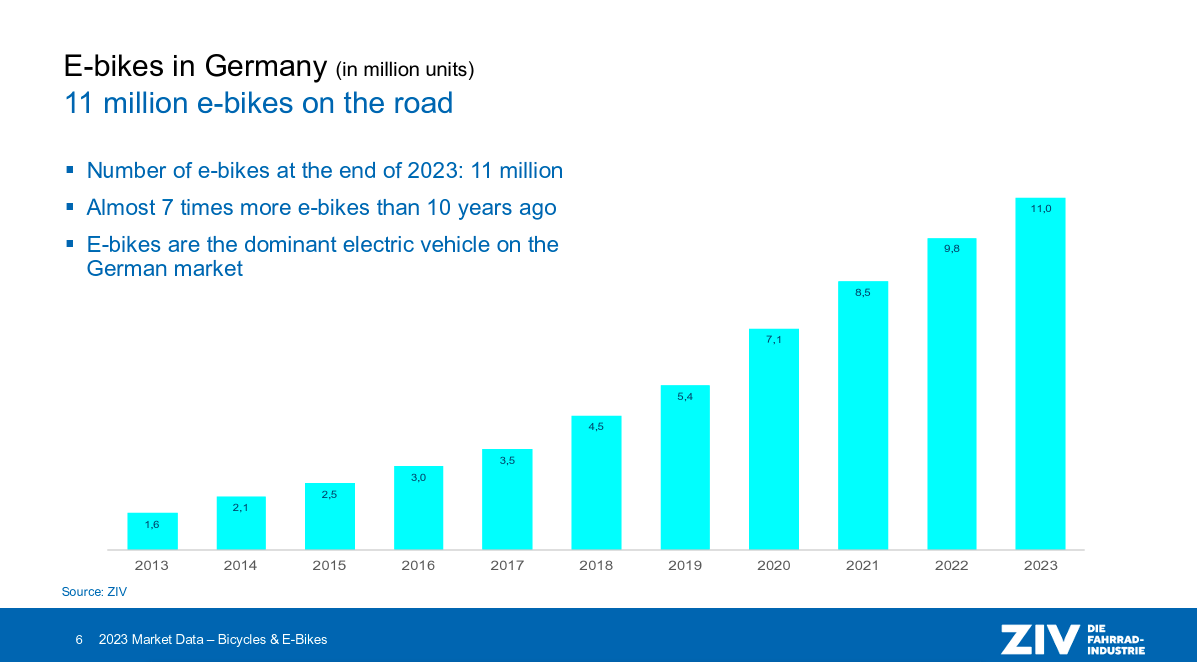MPs call for urgent action on ‘fake e-bikes’, #167
And the gig economy that's powering their growth
The box-like bags on the backs of food delivery riders have become ubiquitous in our towns and cities, but most people don’t pause to think about the business models underpinning this work. There’s a new report out which covers employment rights, product safety, and a possible existential threat for the UK cycle industry - and calls for urgent action from the government on multiple fronts.
BIG STORIES FOR CYCLING ADVOCACY
UNREGULATED AND UNSAFE. This is the title of a new report I worked on, about the growth in ‘fake e-bikes’, and what’s driving it. The report, authored by friend and podcast host Laura Laker, is important and disturbing: riders, often on poverty pay, are turning to cheap, unregulated products, high-powered conversion kits from online marketplaces, like Amazon and eBay. The fire and road risks are substantial. The report recommends closing the employment loophole that forces bad choices, tackle dangerous equipment sales, creating a kitemark to delineate between safe and unsafe products, and new police powers to more easily remove these risky products from streets and homes.
MUCH-NEEDED ATTENTION. With a little help from the PR team at my agency, Fusion, the report caught the attention of The Sunday Times, the BBC and The Guardian, Jeremy Vine’s Radio 2 show, and various trade and cycling-specific outlets. This coverage is crucial as it lets MPs and the government know this is of public interest and it helps raise the profile of a real harm to people, society and, of course, to the cycle industry. Inquiry submissions told us of the reputational damage already done by confusion between safe and unsafe e-bikes, and there is now pressure on the government and companies to act.
MORE THAN 2M GREEN JOBS IN CYCLING? Were you at Velo-City in Gdansk? I hear the annual international get-together of the world of urbanism was as full of inspiration as usual. Colleagues were impressed by the sheer passion in the world of advocacy and the power of the industry to support that passion. European Cyclists’ Federation CEO, Jill Warren, spoke of two million potential green jobs across Europe if the industry realises its potential.
A CAREER IN URBANISM? Speaking of inspiring women in the field of urbanism and working in cycling, this interview with Cycling Professor and CEO Meredith Glaser shares lessons for success. Prof. Glaser, CEO of the Urban Cycling Institute, talks of diverse, multidisciplinary voices helping to strengthen the field. She says cycling and her work are primarily about cities, not the bicycle, and she loves that the field is so multidisciplinary. If you’re considering a career in urbanism, there’s some great advice and inspiration in this piece.
HOW WAS BIKE WEEK FOR YOU? Last week was Bike Week in the UK and an excuse to celebrate and promote the bicycle - or cycling in all its forms. Cycling UK sums up some of the things people did to celebrate, from bike breakfasts to rides, to maintenance and repair sessions. Many of these sessions were delivered by grassroots organisations that are key to helping bring more people into cycling every day.
OTHER HEADLINES
ON A TOTALLY DIFFERENT NOTE. The US’s first shared dockless e-cargo bike launches in the US. The service, which will operate in Washington, DC and Columbus, Ohio, soon. The idea is to try and appeal to some of the 50% of daily trips in the US that are less than three miles, including those where shopping needs to be carried home. Let’s hope some residents in one of the most car-dependent nations in the world dare to try something different.
INTERESTING GRAPH OF THE WEEK: The findings in this week’s e-bike report were worrying - there’s no getting away from it. However, if we can tackle the economic, legal and product safety issues harming people and the cycle industry via fake products, e-cycles have huge potential. Germany has managed it, for example, resulting in huge e-bike take up. Source.
ACTIVE TRAVEL WORD OF THE WEEK:
Fake e-bike: A term to describe a cycle with dodgy, dangerous, overpowered DIY conversion kits and batteries attached. These might look like e-bikes to the untrained eye, but they’re actually more like unlicenced and uninsured motorbikes. These illegal kits help boost speed and distance, often by delivery riders on poverty pay trying to make ends meet. It’s important to distinguish between legitimate and illegal, dangerous products, including for the industry’s sake.
Until next time,
Adam
Adam Tranter
CEO, Fusion & Founder, #BikeIsBest





